 A year after announcing their first findings, the T2K collaboration, of which the INFN is part, has produced new evidence of the asymmetry between neutrino and antineutrino oscillations. At the ICHEP 2016 conference, the T2K collaboration presented the first hints of a possible asymmetry between the oscillations of neutrinos and antineutrinos. Their findings suggested a difference in the oscillation probabilities of neutrinos and their antimatter particles. Although there were not enough data to speak of “discovery”, their findings aroused great interest among the international scientific community. Now, the new findings, presented on 4 August at the KEK laboratory in Japan, based on twice the neutrino data compared to the previous results, not only confirm but indeed strengthen the hypothesis announced last summer: the probability of statistical fluctuation being at the origin of the effect measured by T2K is now less than 1 in 20, and it appears increasingly likely that we are on the brink of an important discovery.
A year after announcing their first findings, the T2K collaboration, of which the INFN is part, has produced new evidence of the asymmetry between neutrino and antineutrino oscillations. At the ICHEP 2016 conference, the T2K collaboration presented the first hints of a possible asymmetry between the oscillations of neutrinos and antineutrinos. Their findings suggested a difference in the oscillation probabilities of neutrinos and their antimatter particles. Although there were not enough data to speak of “discovery”, their findings aroused great interest among the international scientific community. Now, the new findings, presented on 4 August at the KEK laboratory in Japan, based on twice the neutrino data compared to the previous results, not only confirm but indeed strengthen the hypothesis announced last summer: the probability of statistical fluctuation being at the origin of the effect measured by T2K is now less than 1 in 20, and it appears increasingly likely that we are on the brink of an important discovery.
You might also be interested in
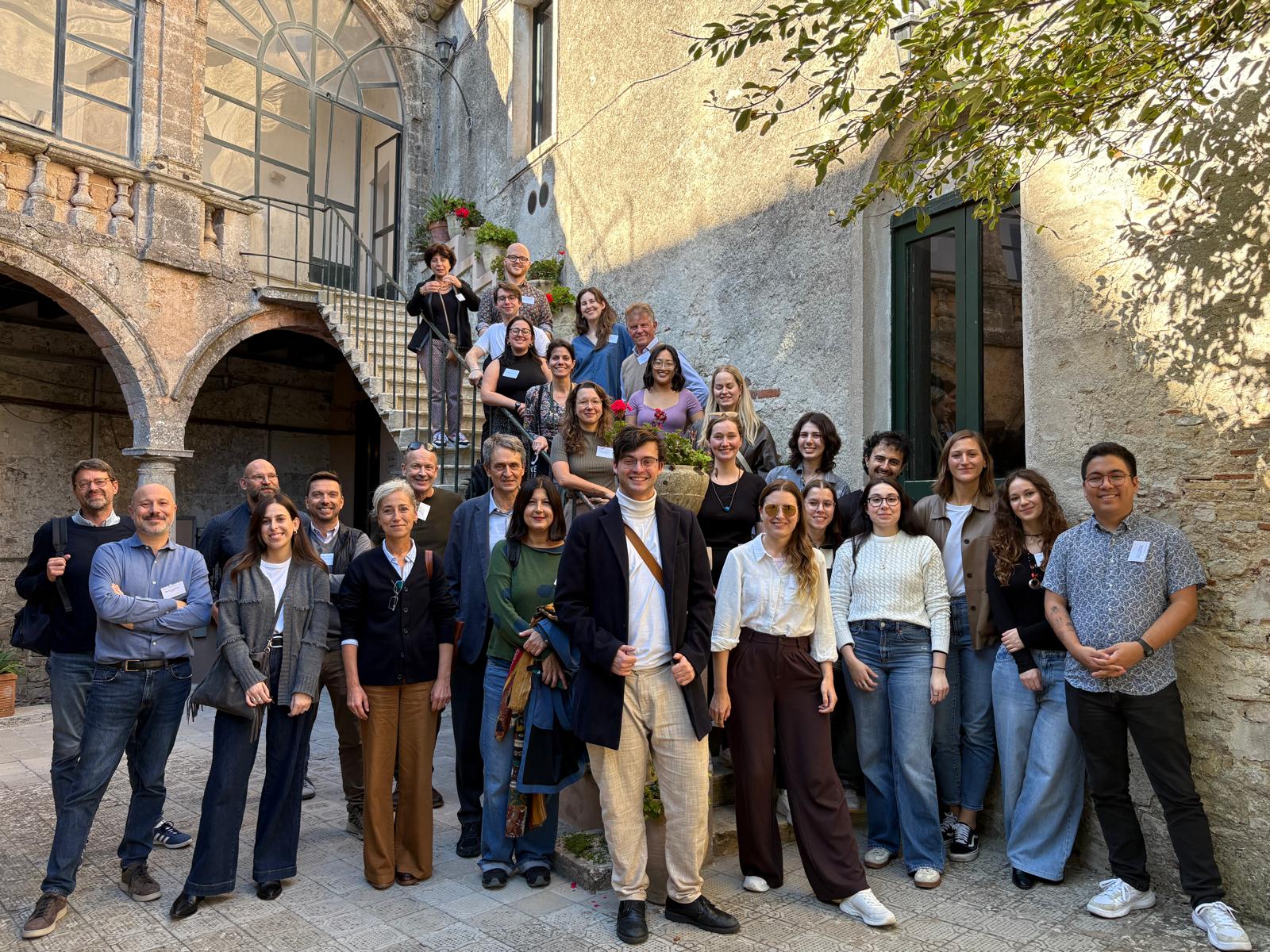
ORIGINS. Exploring Science Communication and Journalism
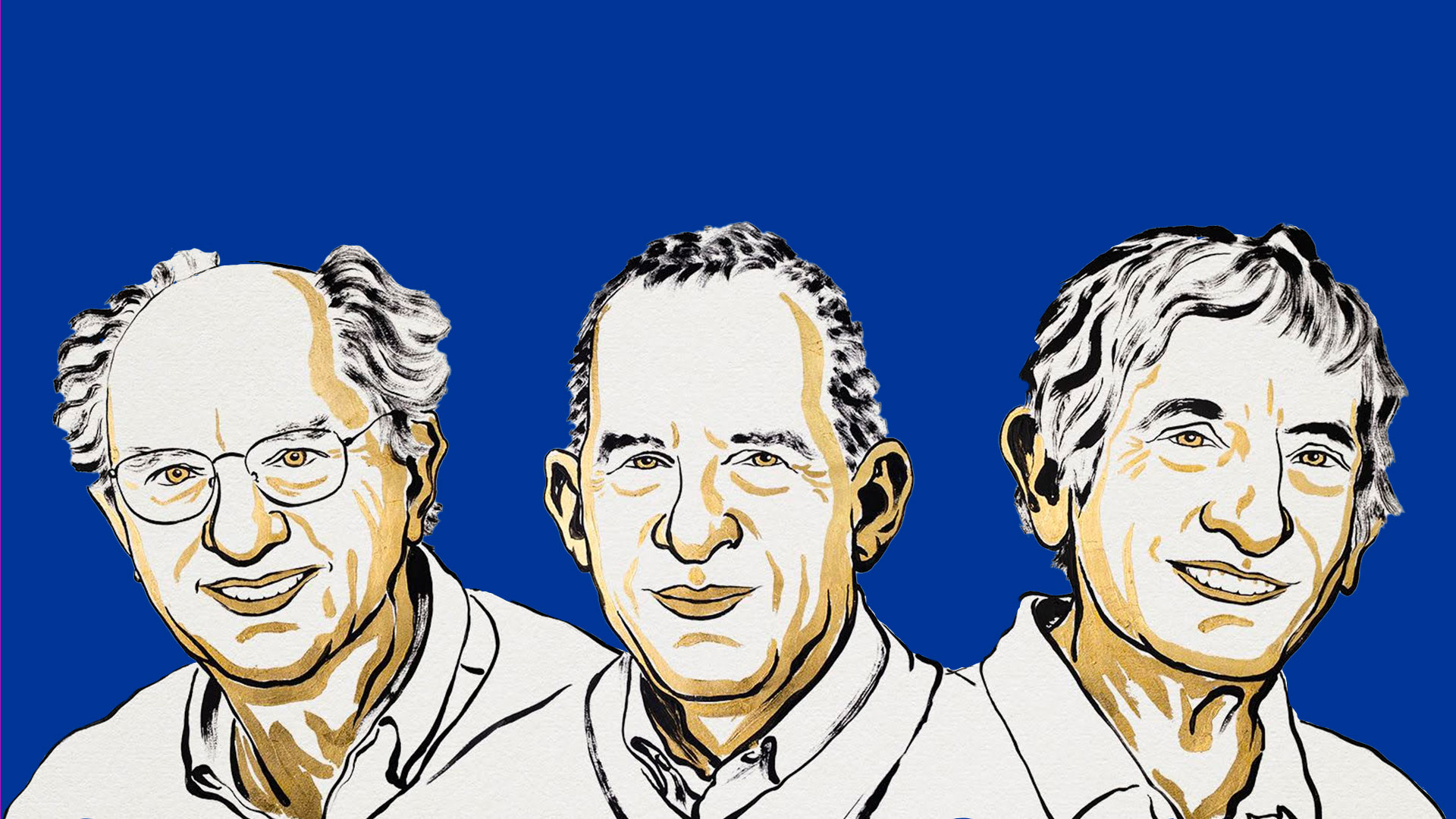
Nobel Prize in Physics 2025: congratulations to John Clarke, Michel H. Devoret and John M. Martinis

INFN statement in support of peace in Gaza and commitment to scientific diplomacy
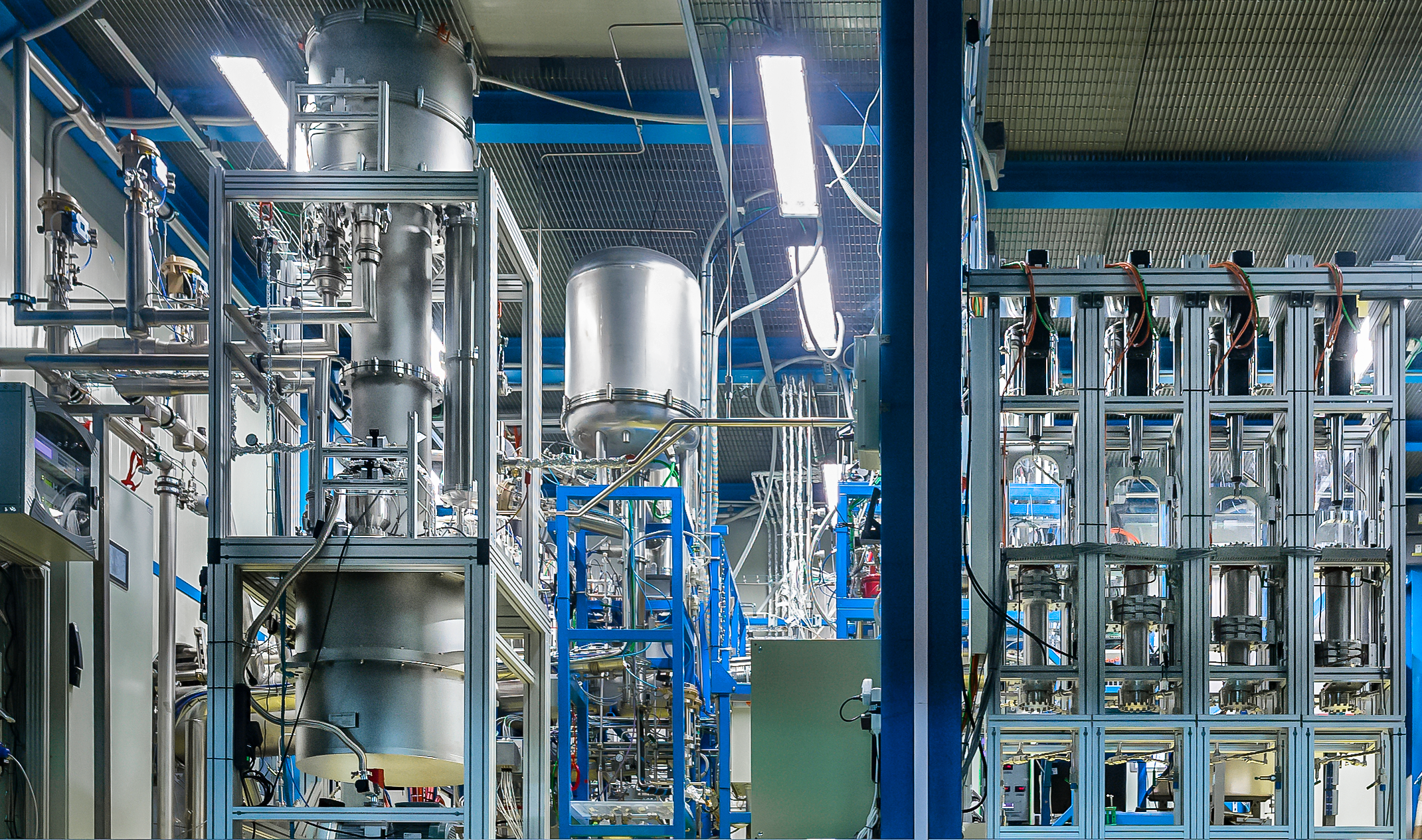
XENONnT: record levels of purity achieved in the search for dark matter
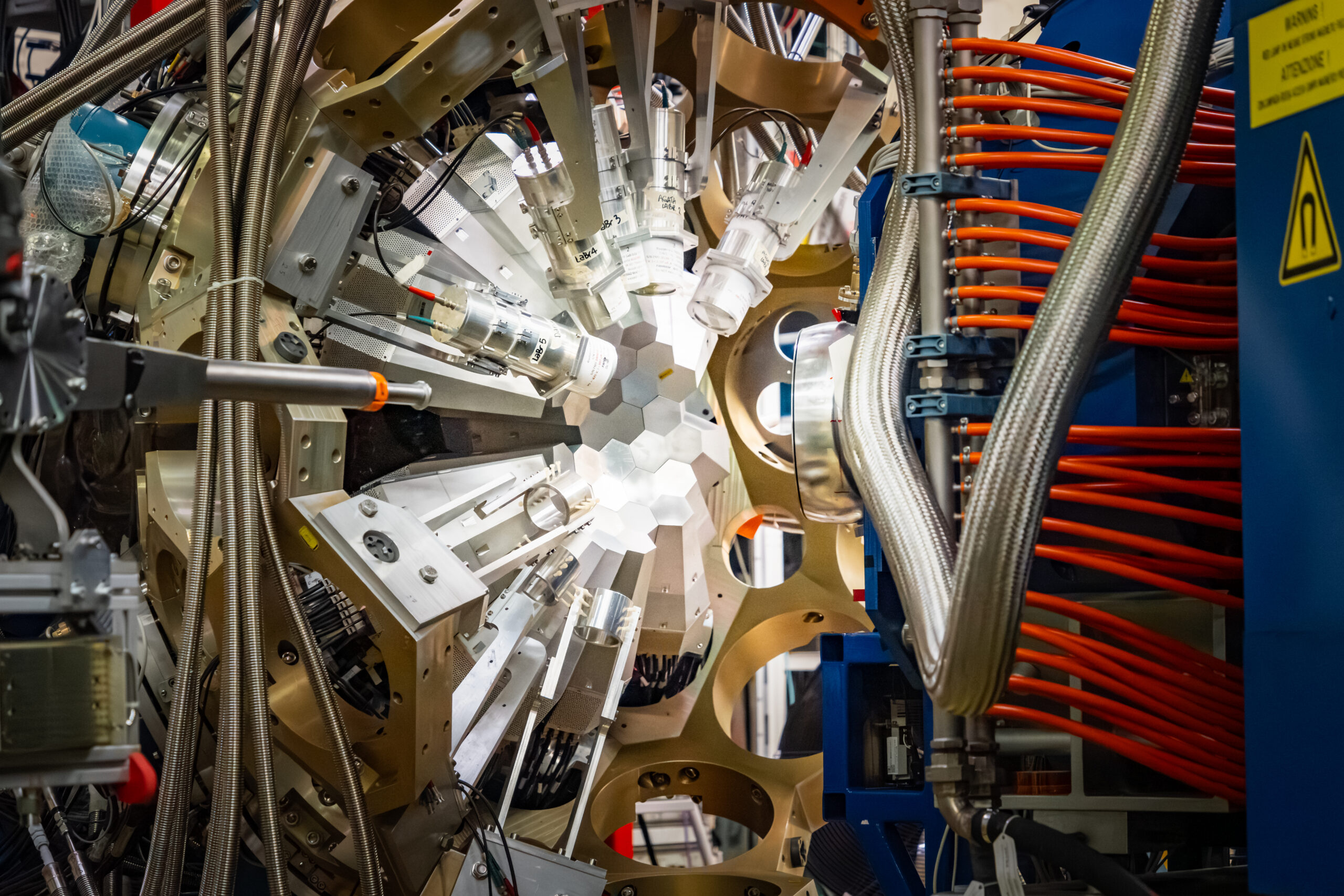
Physics Photowalk 2025: the ten pictures on the Italian podium
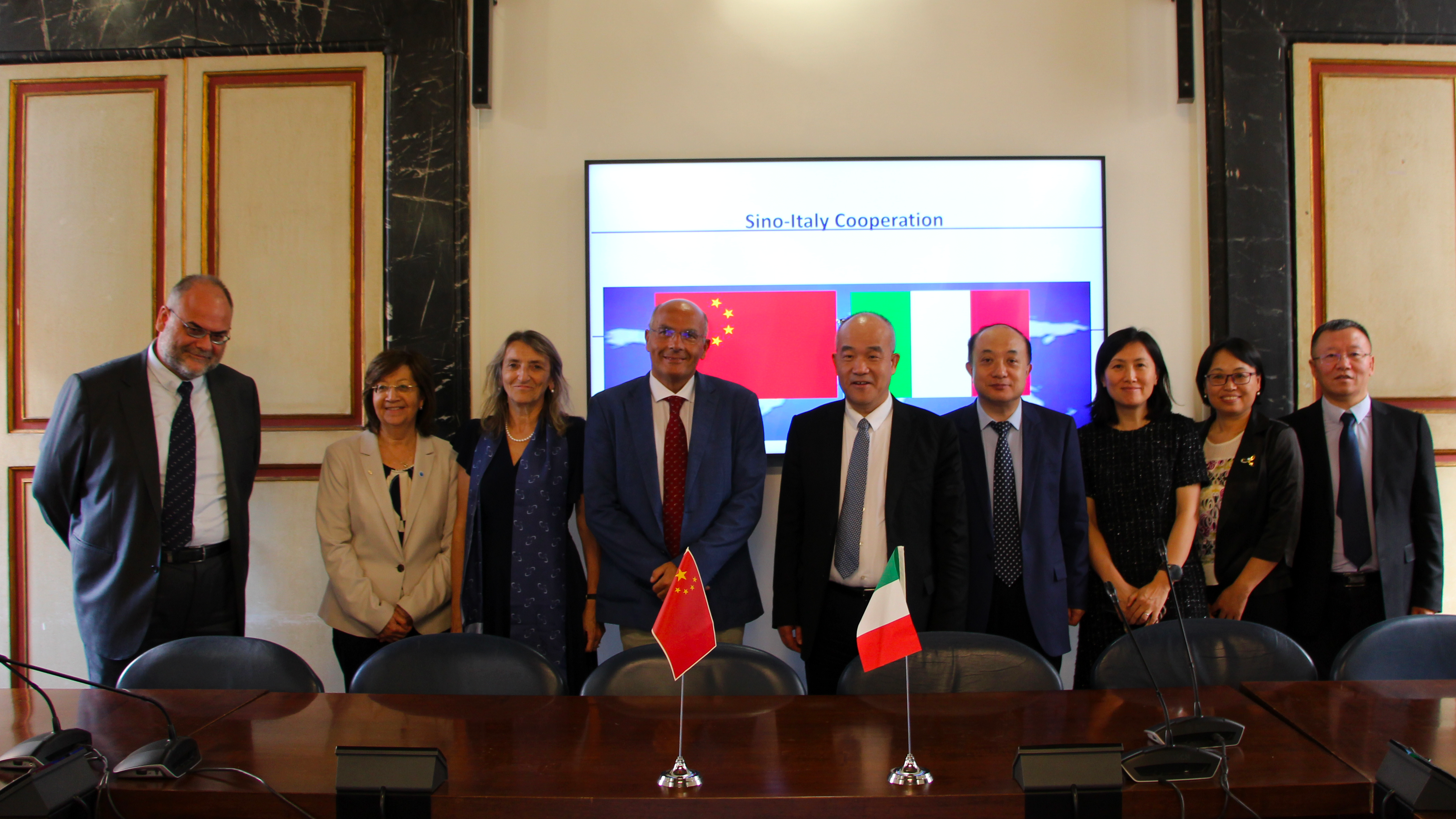
Italy-China: important bilateral meeting between NSFC and INFN
26 September 2025
Read more Italy-China: important bilateral meeting between NSFC and INFN